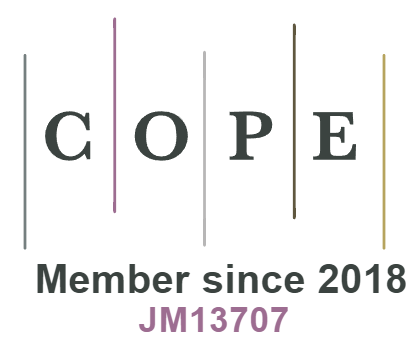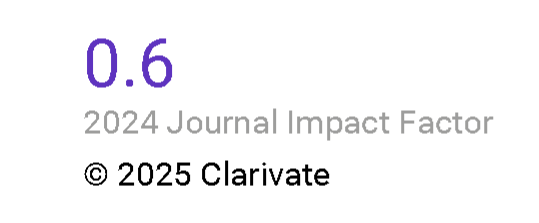The Dynamic Epistemic Logic for Actual Knowledge
DOI:
https://doi.org/10.18778/0138-0680.2020.04Keywords:
Dynamic epistemic logic, logic of public announcements, knowledge representation, problem of logical omniscience, actual knowledge, epistemic change, multi-agent systemsAbstract
The dynamic epistemic logic for actual knowledge models the phenomenon of actual knowledge change when new information is received. In contrast to the systems of dynamic epistemic logic which have been discussed in the past literature, our system is not burdened with the problem of logical omniscience, that is, an idealized assumption that the agent explicitly knows all classical tautologies and all logical consequences of his or her knowledge. We provide a sound and complete axiomatization for this logic.
References
[1] J. van Benthem, Epistemic Logic and Epistemology: The State of Their Affairs, Philosophical Studies, Vol. 128 (2006), pp. 49–76.
Google Scholar
[2] R. Fagin, J. Y. Halpern, Belief, Awareness, and Limited Reasoning, Artificial Intelligence, Vol. 34 (1988), pp. 39–76.
Google Scholar
[3] R. Fagin, J. Y. Halpern, Y. Moses, M. Vardi, Reasoning about Knowledge, MIT Press, Cambridge (1995).
Google Scholar
[4] J. Gerbrandy, W. Groeneveld, Reasoning About Information Change, Journal of Logic, Language, and Information, Vol. 6 (1997), pp. 147–169.
Google Scholar
[5] J. Hintikka, Knowledge and Belief, Cornell University Press, Ithaca (1962).
Google Scholar
[6] S. Kripke, Semantical Analysis of Modal Logic (abstract), Journal of Symbolic Logic, Vol. 24 (1959), pp. 323–324.
Google Scholar
[7] S. Kripke, Semantical Analysis of Modal Logic I. Normal Modal Propositional Calculi, Zeitschrift für Mathematische Logik und Grundlagen der Mathematik, Vol. 9 (1963), pp. 67–96.
Google Scholar
[8] H. J. Levesque, A Logic of Implicit and Explicit Belief, Proceedings of AAAI-84, Austin (1984), pp. 198–202.
Google Scholar
[9] J. E. Littlewood, A Mathematician's Miscellany, Meuthen, London (1953).
Google Scholar
[10] J. Łoś, Logiki wielowartościowe a formalizacja funkcji intensjonalnych, Kwartalnik Filozoficzny, Vol. 17 (1948), pp. 57–78.
Google Scholar
[11] A. Pap, Belief and Propositions, Philosophy of Science, Vol. 24 (1957), pp. 123–136.
Google Scholar
[12] J. Plaza, Logics of Public Communications, [in:] M. Emrich, M. Pfeifer, M. Hadzikadic, Z. Ras (eds.), Proceedings of the 4th International Symposium on Methodologies for Intelligent Systems: Poster Session Program, Oak Ridge National Laboratory, Oak Ridge (1989), pp. 201–216.
Google Scholar
[13] M. S. Rasmussen, Dynamic Epistemic Logic and Logical Omniscience, Logic and Logical Philosophy, Vol. 24 (2015), pp. 377–399.
Google Scholar
[14] G. Sillari, Models of awareness, [in:] G. Bonanno, W. van der Hoek, M. Wooldridge (eds.), Logic and the Foundations of Game and Decision Theory. Vol. 2: Texts in Logic and Games, Amsterdam University Press, Amsterdam (2008), pp. 209–240.
Google Scholar
[15] K. M. Sim, Epistemic Logic and Logical Omniscience: A Survey, International Journal of Intelligent Systems, Vol. 12 (1997), pp. 57–81.
Google Scholar
Downloads
Published
How to Cite
Issue
Section
License

This work is licensed under a Creative Commons Attribution-NonCommercial-NoDerivatives 4.0 International License.















